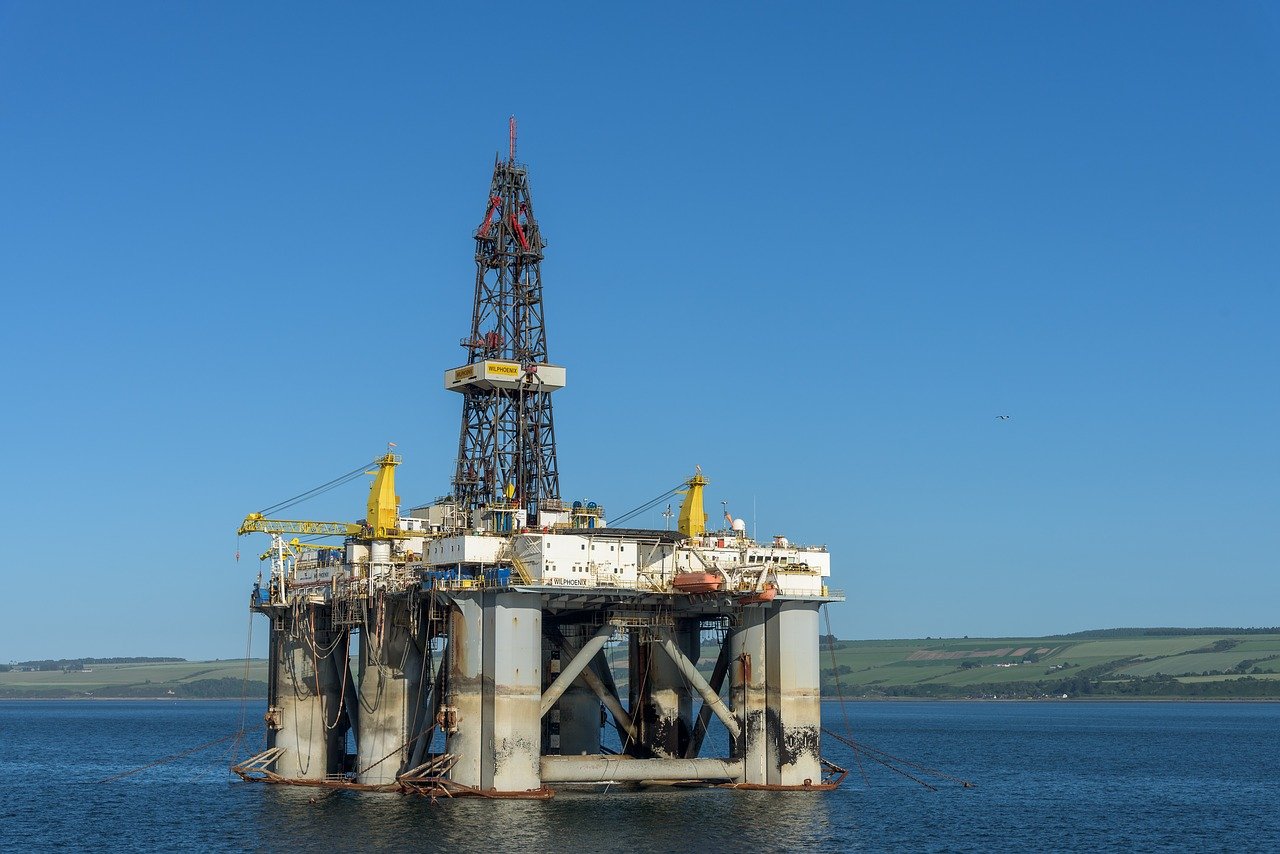Industry zoom: weighing innovations and disruptions in Nigeria’s Oil and Gas space

The oil and gas industry is incredibly important in any country’s economy: the sector is the major driver and this is expected to remain the case for the predicted future.
In Africa, Nigeria is the largest as well as the oldest oil and gas producer. It is also home to the second-largest proven oil reserves in the continent. Notably, between 2015 and 2019, the country produced more than 2.5 million barrels per day. A report has it that “The Nigeria oil and gas market is expected to grow at a CAGR of less than 5% during the forecast period of 2020 – 2025.”
Interestingly, the report further states that “as of 2018, Nigeria has the largest oil and gas reserves in the African region, with around 37 billion barrels of oil and 47.2 billion cubic meters (bcm) of gas. With a production of 2.05 million barrels per day in 2018, which is approximately more than 20% of the total production in Africa, Nigeria continues to dominate African oil production.” This only goes to show the importance of the Nigerian oil industry in the African oil production.
Established since the first significant crude oil found at Oloibiri in the Niger Delta in 1956, the industry in Nigeria accounts for more than 90% of the country’s exports and 80% of the federal government’s revenue.
Divided into three major sectors — the upstream, midstream and downstream –, the Nigerian government regulates and actively participates in the oil and gas industry through its national oil company, the Nigerian National Petroleum Corporation (NNPC).
However, despite the revenues and jobs the oil and gas industry brings to the country, the sector still seems to be taking several seats at the back when it comes to technology compared to other industries. This isn’t peculiar to Nigeria but to other African countries.
Undoubtedly, new technologies like artificial intelligence (AI) are playing a significant role in cutting costs, boosting efficiency and enhancing safety for all different parts of the chain: upstream, midstream and downstream. Yet, it appears that the country has barely scratched the surface of what technology can do for the industry.
“The time is important for oil & gas companies to take up and utilise advances in technology as an enabler in meeting some of the challenges faced. Instead of playing catch up the rest of the world, we believe that the industry should be ‘learning to leapfrog’ so that they are not only ahead of disruption – they actually cause it,” Chris Bredenhann PwC Africa oil and gas advisory leader says.
On the flip side, seeing that other sectors are pivoting into the digital transformation world, some companies in the oil and gas industry are disrupting the sector using technology. For instance, the US government unveiled an innovative technology Synergy and Aruba for Nigerian oil and gas industry. It is described as “a technology that aims to help Nigerian oil and gas companies to increase operational efficiencies, monitor people, manage resources, make real-time decisions and reduce risks in a cost-effective way, increasing flexibility, productivity and company bottom line.”
Currently, artificial intelligence and automation, big data and data analytics, 3D Virtual modelling and drone technology, Internet of Things (IoT) and electronic monitoring are prominent tech innovations to look into when using technology as a catalyst in the country. For instance, considering that machine learning requires no human input in gathering and interpreting data, it will enable oil and gas companies to monitor “complex internal operations and respond quickly to concerns that human operators may not have been able to detect.”
A case in point of a body in the oil and gas industry that uses AI is the Oil and Gas Authority (OGA) with the UK’s first oil and gas National Data Repository (NDR). The NDR uses AI to interpret the data derived while the OGA expects that this will help “uncover new oil and gas prospects and enable more production from existing infrastructures.”
There are some other companies that uses technology within the industry. They include Xenom Energy, Lola Energy, Eden GeoPower, Nesh, Calishe amongst others. These companies uses artificial intelligence and machine learning, smart assistant to build technological solutions in the oil and gas sector especially in upstream as well as helping oil and gas companies gather collective data within an organisation to help them make informed decisions.
In Nigeria, some of the companies leveraging tech in the oil and gas industry include AirSynQ; a security startup that helps oil and gas companies check vandalism, GazHub; refill cooking gas online, KiaKia Gas; focused on distributing gas online, amongst others.
Though there is still huge room for growth in African oil and gas tech, the change is quite visible and it’s apparent that more than ever, it will be permanent.




